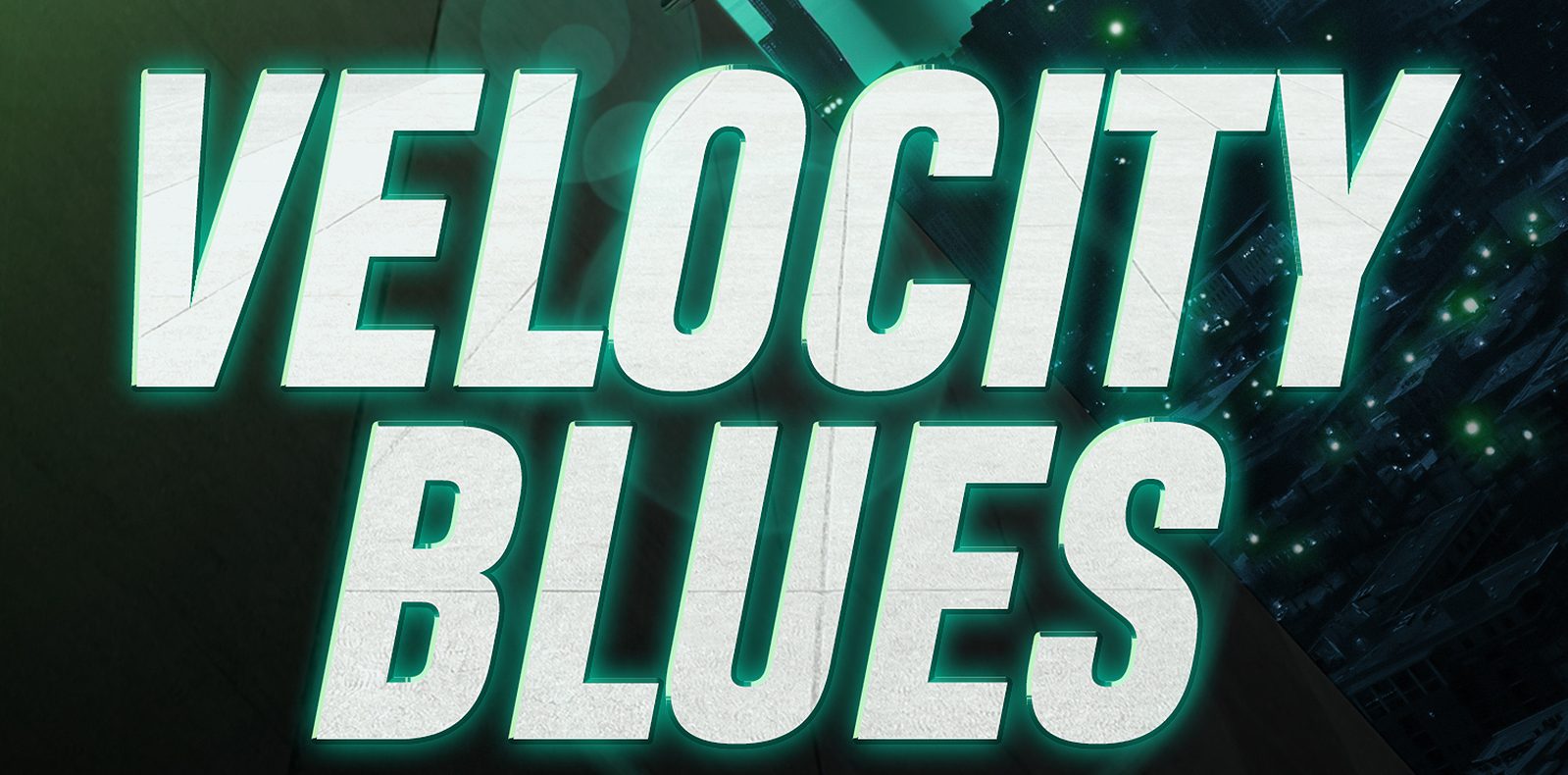Review of “The World of Raymond Chandler In His Own Words,” edited by Barry Day.
Review by Clifford Royal Johns
“The World of Raymond Chandler In His Own Words” is a loosely linked series of quotations from Chandler’s letters to agents and publishers, from interviews, and from many other sources including his fictional characters, especially Philip Marlowe. Day links these quotations together with interjections and helpful observations of his own, but he avoids summarizing or pushing his own conclusions. This is intended to be mostly from Chandler’s point of view. Specifically, this is by no means a biography although it includes many biographical elements, nor is it an analysis of his life or works. Rather it is a window into Chandler’s perspectives and ideas created by quoting him and his associates, fictional or not.
Day organizes the text into chapters, each focused on quotes for that topic. Sometimes quotes can be used in more than one section since they apply to several topics.
The first chapter, “A Man with No Home,” addresses Chandler’s childhood in England, getting a classical education, then moving to the U.S. where the culture and the people were so different. He took a dim view of Americans in general. As a result of this, and of having dreadful experiences in the trenches in WWI, he felt like he didn’t belong anywhere. Day’s point here is that since Chandler didn’t really have a home, he invented his own, Los Angles. His Los Angles. The Los Angles we see in his fiction.
The second chapter, entitled, “Writing (1) Turning Pulp into Gold,” uses Chandler’s letters and interviews to show how he slowly progressed from publishing short stories in Black Mask to writing the novels that made him famous. It shows how much he struggled with writing and how he didn’t think he was as competent a writer as other people thought he was. There are a lot of little tidbits of advice given in Chandler’s own laconic style, and comments about his writing from other authors. George V. Higgins in 1988 said of him, “He did not write about crime or detection … he wrote about the corruption of the human spirit.” Also included in this chapter are his opinions of other writers. I especially like his view of Hemingway, “He never really wrote but one story. All the rest of it is the same thing in different pants – or without different pants.” which he said in a letter to Blanche Knopf in 1942.
The third and most intriguing chapter is focused on Chandler’s Philip Marlowe character. Here, Day uses quotes from other fictional characters throughout Chandler’s books and short stories, as well as comments by other writers paying homage, to define who Marlowe was and why he became iconic, why his persona became so much larger than life. Day also makes much of similarities between Marlowe and Chandler himself, since much of Chandler’s feeling and attitudes, as shown in his private letters, are mimicked by Marlowe. These days Marlowe would be called a bit of Mary Sue, but we knew that, didn’t we?
Three chapters cover cops and crime, Los Angles, and Hollywood. The cops and crime section is fun, the Los Angles section shows how Chandler found material in the seedy, corrupt side of LA, how well he knew it, and how much he hated the changes it went through as it grew in the fifties and became the suburban monster that it was by the sixties. Chandler had a difficult time writing for Hollywood. He had only bad things to say about the people there, and they had mostly bad things to say about him, but somehow he wrote some terrific screenplays and got paid a lot of money. He said he worked on scripts only for the money. “Anyone who doesn’t love Hollywood is either crazy or sober.”
Dames and Little Sisters, the next chapter, deals with the women of Chandler’s books and life. A few good women, lots of despicable ones, some murderers, but always a blonde who treats Marlowe well and badly. Marlowe never “got the girl.” He wouldn’t have been Marlowe if he had. Still, Day spends quite a bit of time on Chandler’s misogyny, which might be viewed as a sign of the times, but Chandler frequently used clever dialog and Marlowe’s internal observations to the disadvantage or objectification of women. For instance, “She had a good figure, if you liked them four sizes larger below the waist than above it,” from Farewell My Lovely or, “One of the women had enough ice on her to cool the Mojave Desert and enough make-up to paint a steam yacht . . . The men with them looked gray and tired, probably from signing checks,” from Playback.
The second chapter on writing, Writing (2), is the more intriguing of the two writing chapters. It provides quotes about the writing process and about mysteries specifically. This chapter contains fewer biographical entries and more for the writer. “The mystery novel must have a sound story value apart from the mystery element.” Of course, this quote is just as applicable to any story genre inserted in place of mystery.
The final section is about Chandler’s last years after his wife died, last letters, and the book he left unfinished, Poodle Springs. After his wife died, he didn’t seem to have the interest to write. The key thing about this section is that it drives home the observation that Chandler and Marlowe are much alike. As Chandler aged and mellowed, so did Marlowe. About Poodle Springs, Chandler admitted he chose the wrong woman for the plot and should not have had Marlowe get married. He didn’t like the book and expected to start all over. He’d only written four chapters before he died. As he said, his is heart just wasn’t in it. It seems regrettable to me, based on Chandler’s letters, that Robert B. Parker finished the novel and added it to Chandler’s Marlowe oeuvre.
I am a fan of the style Day uses here. He takes the words of others and compiles them into a delightful sort of biographical document. He also edited a similar book on Dorothy Parker which I expect is a hoot. I need to find a copy of that one.
Chandler was an expert at similes and this book is full of them, especially in the writing sections. Because they are so inventive and witty and close together, this is a surprisingly enjoyable read. To keep the book honest, Day also includes Chandler’s clunkers which are painfully hilarious as they are presented all together in one list.
I got my copy at the library, but I will buy a copy and reread it with marker in hand to annotate it. I will likely go back to it once in a while. This book was informative, educational and wacky fun all at the same time. Who could ask for more than that.
Written by Clifford Royal Johns
Day, Barry, ed. The World of Raymond Chandler In His Own Words. New York: Alfred A. Knopf, 2014. Print.

